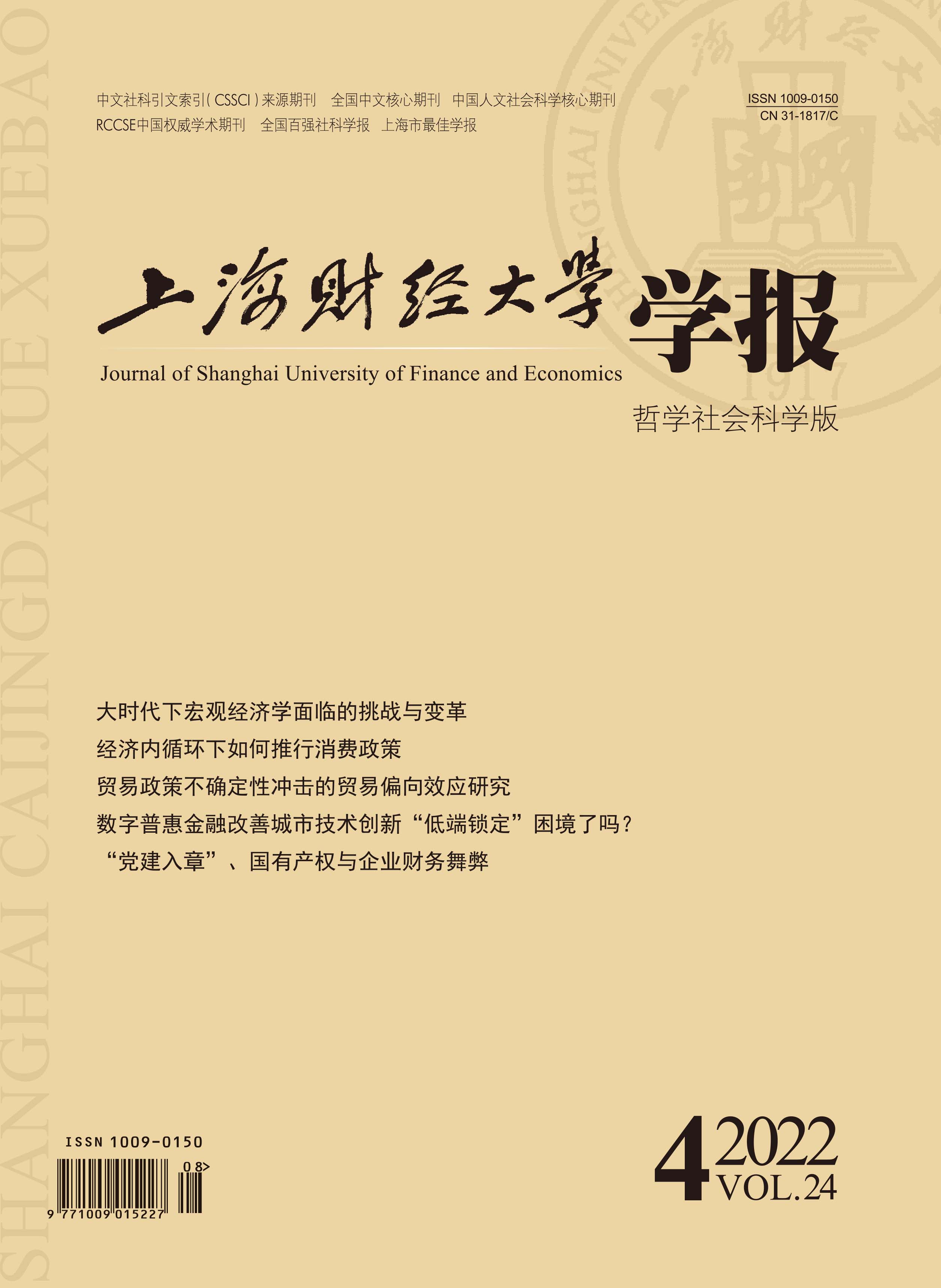As an important part of the national governance system, government audit plays a key role in preventing financial risks and promoting high-quality development. Based on the background of the increasing financialization of enterprises in China, this paper takes A-share state-owned listed companies from 2008 to 2020 as the research sample, and investigates the governance effect of government audit on state-owned enterprises from the perspective of excessive financialization.
According to the public entrusted economic responsibility theory, maintaining national economic security is one of the tasks for audit institutions. Government audit can directly reveal the illegal behaviors of audited enterprises. From the perspectives of deterrence function and disclosure function, for one state-owned enterprise, the deterrence strength of multiple audits is higher than that of single audit. With the enhancement of audit deterrence, the management of state-owned enterprises will be more standardized and stable in financial decision-making. The more violations related to financialization are revealed in audit results, the stronger the governance effect of government audit on “shifting from real to virtual” will be.It is found that government audit can significantly restrain the excessive financialization of state-owned enterprises. The greater the deterrence and disclosure of government audit, the stronger the restraining effect on the excessive financialization of state-owned enterprises. Further research shows that the governance effect of government audit on excessive financialization only exists in a short term, and there is a certain spillover effect. The fixed asset investment of state-owned enterprises plays an intermediary role, which shows that government audit can reduce the risk of fixed asset investment, optimize the resource allocation of state-owned enterprises, and restrain “shifting from real to virtual”. In the samples of state-owned enterprises with serious agency problems, government audit has a stronger restraining effect on excessive financialization.
The marginal contributions of this paper are as follows: (1) It expands the theoretical framework of the governance effect of government audit. This paper reveals the governance effect of government audit on the excessive financialization of state-owned enterprises. (2) It enriches the research on the influencing factors of the excessive financialization of state-owned enterprises. Different from the existing literature on the factors affecting enterprise financialization from the aspects of monetary policy, bank-enterprise relationship and management characteristics, this paper focuses on the impact of government audit on the excessive financialization of state-owned enterprises and expands the perspective of the research on the financialization of real enterprises. (3) The findings also have certain practical significance for strengthening government audit governance, optimizing the asset allocation of state-owned enterprises, and improving corporate governance.





 7885
7885  7851
7851

